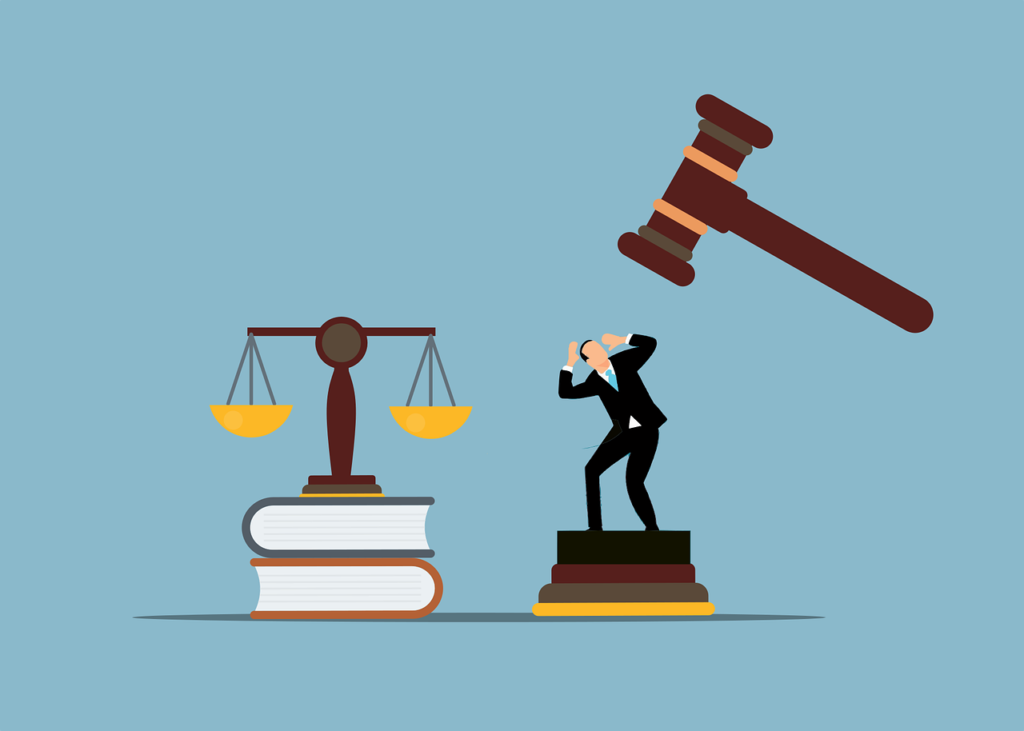When it comes to managing your domain name, understanding the WHOIS database is essential. This article will help you explore the basics of WHOIS, its importance, and how it can affect your domain name management strategy.

What is WHOIS?
WHOIS is a protocol that provides information about domain name registration. It’s a public database that stores the contact details of domain registrants (the person or organization that owns a domain). When you register a domain, information such as your name, address, phone number, and email address gets stored in this database, along with your domain’s registration and expiration dates.
By searching for a domain name in a WHOIS database, anyone can view this publicly available data. The WHOIS lookup helps people verify domain ownership, check if a domain is available for purchase, and much more.
How Does WHOIS Work?
When you register a domain, your registrar submits your contact information to the WHOIS database. Anyone can access this information by conducting a WHOIS lookup. This is especially useful for those involved in domain name buying, selling, and transferring. Here’s a simple breakdown of how WHOIS works:
- Domain Registration: When you register a domain name, your registrar sends your information to a WHOIS database.
- Public Access: Anyone can access this data via WHOIS search tools available on most domain registrar websites.
- Update and Maintenance: You’re responsible for keeping the WHOIS information accurate, especially your contact details.
Why is WHOIS Important?
- Domain Ownership Verification
WHOIS records provide the first line of verification for domain ownership. Before buying a domain or transferring ownership, WHOIS ensures the buyer is dealing with the rightful owner. If you want to verify if a website is owned by a legitimate business, checking its WHOIS record is a quick way to confirm its authenticity. - Legal and Compliance Requirements
Certain domain extensions, like .org or .gov, require domain owners to provide accurate WHOIS data. For businesses, maintaining proper WHOIS records can help with legal compliance and even in resolving disputes related to domain ownership. - Contact Information for Domains
WHOIS data often includes the registrant’s email, making it easier for domain owners to be contacted by potential buyers, advertisers, or anyone interested in the domain. This is particularly valuable for domain investors looking to sell or lease their domains. - Helps with Domain Recovery
In the event that a domain is stolen or needs to be recovered, WHOIS can provide contact information for the domain owner, making it a crucial step in the recovery process. - Preventing Fraud and Cybercrime
Having public WHOIS information can help expose fraudulent websites and prevent cybercrime. If you find discrepancies or suspicious details in a WHOIS lookup, it could be a red flag.
WHOIS Privacy Protection: Is It Worth It?
While WHOIS is an excellent tool for transparency, some people choose to hide their personal details by opting for WHOIS privacy protection. This service, often offered by domain registrars, replaces your personal contact details with those of a forwarding service. Here’s why it might be beneficial:
- Privacy: If you’re concerned about your personal information being publicly accessible, WHOIS privacy protection ensures your details remain confidential.
- Spam Prevention: Listing your email and phone number publicly can lead to unwanted solicitations and spam. WHOIS privacy services help minimize this risk.
- Security: Protecting your personal details can reduce the likelihood of identity theft or other forms of online fraud.
However, it’s important to note that WHOIS privacy services do not affect your domain ownership. Your registrar still maintains a record of your details, and legal authorities can access the information if required.
How to Perform a WHOIS Lookup
Performing a WHOIS lookup is simple. Here’s how you can do it:
- Visit a WHOIS lookup tool: Websites like ICANN WHOIS, Whois.com, or DomainTools offer WHOIS lookup services.
- Enter the domain name: Simply type the domain you’re interested in and hit “search.”
- Review the information: The results will show you information about the domain, including the owner’s contact details, registration dates, and more.
WHOIS for SEO and Digital Marketing
While WHOIS data doesn’t directly affect SEO, it can play an indirect role in your digital marketing strategy. For instance:
- Trust and Credibility: If your domain has clear and legitimate WHOIS data, search engines and visitors are more likely to trust your site.
- Domain History: Checking WHOIS can help you understand a domain’s history before you buy it. If the domain had a poor reputation or was previously penalized by Google, it could affect your SEO efforts.
- Branding: A well-established domain with a clean WHOIS record can add to your brand’s credibility, enhancing your marketing efforts.
Should My Website Name Be the Same as My Domain Name?
2025 Domain Registrar Comparison: Find the Perfect Match for Your Needs.
Conclusion
WHOIS is an invaluable tool for anyone involved in domain management. Whether you’re a business owner looking for the right domain, a domain investor, or just a curious web user, understanding how WHOIS works can give you insights into domain ownership, security, and market trends. While some people choose WHOIS privacy protection to keep their information hidden, the importance of WHOIS in the domain world cannot be overstated.
By performing regular WHOIS lookups, you can make more informed decisions when purchasing, selling, or managing domains, ensuring that you maintain a legitimate, secure online presence.
If you’re looking to purchase or sell a domain, you can visit DomainNameGo.com to explore a wide range of available domains and connect with trusted sellers.


